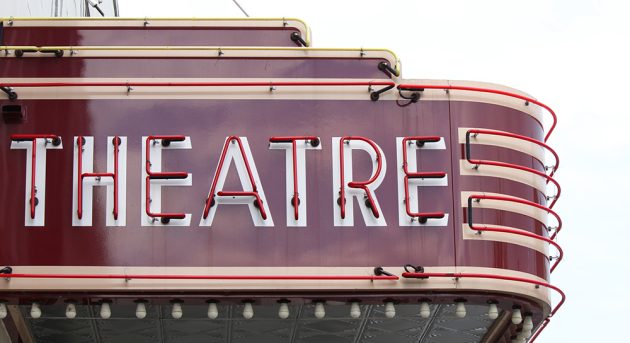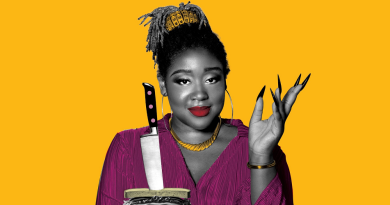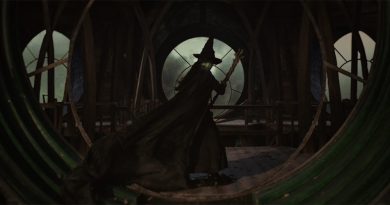The Evolving Landscape of Musical Theatre: A New Era of Storytelling and Social Impact
Musical theatre has always been a powerful medium of storytelling, weaving together the threads of drama, song, and dance to create immersive worlds and convey complex emotions. In recent years, however, the genre has experienced a remarkable evolution, with creators and performers pushing the boundaries of what is possible. This new generation of musical theatre is not only modern and compelling, but also deeply relevant, addressing critical social issues and amplifying voices that have been historically underrepresented. Let’s take a look at some of the key aspects that are shaping this new era of musical theatre.
Diverse and Inclusive Storytelling
One of the most significant changes in modern musical theatre is the shift toward diverse and inclusive stories. New shows are increasingly centered on the experiences of marginalized communities and exploring themes such as race, gender, and sexual identity. This not only broadens the range of stories being told but also provides opportunities for underrepresented talent both on and off stage.
For example, Lin-Manuel Miranda’s groundbreaking hit, “Hamilton,” reimagines the story of one of America’s founding fathers through the lens of hip-hop and casts actors of color in leading roles. The result is a fresh and powerful take on history that challenges traditional narratives and fosters a deeper understanding of our shared past.
Technology and Innovation
The integration of technology in modern musical theatre has opened up new possibilities for storytelling and audience engagement. Groundbreaking visuals, immersive sound design, and cutting-edge special effects have taken stage productions to new heights, allowing for richer, more dynamic experiences.
A prime example of this is the 2015 Broadway adaptation of “An American in Paris,” which employed innovative projection technology to create breathtaking digital backdrops that seamlessly transitioned between scenes. This kind of technological innovation allows for creative freedom and enhances the emotional impact of a performance.
Cross-Genre Fusion
Contemporary musical theatre is also marked by a willingness to experiment with genre, blending elements of pop, rock, rap, and even electronic music with traditional Broadway sounds. This cross-genre fusion has given birth to unique and engaging shows that appeal to a wider range of audiences.
“Dear Evan Hansen,” with its emotionally charged pop-rock score by Benj Pasek and Justin Paul, and “Hadestown,” a folk-rock retelling of the ancient Greek myth of Orpheus and Eurydice, are just two examples of shows that have attracted fans who might not have previously considered themselves musical theatre enthusiasts.
Socially Conscious Themes
Today’s musical theatre is unafraid to tackle important social and political issues, using the stage as a platform to address topics such as mental health, gun violence, and environmental concerns. These shows not only entertain but also spark conversation and inspire change.
“Jagged Little Pill,” based on Alanis Morissette’s iconic 1995 album, is a prime example of this. With a book by Academy Award-winning writer Diablo Cody, the show dives into themes of addiction, sexual assault, and family dynamics. By addressing these difficult subjects, modern musicals encourage audiences to engage with the world around them in a meaningful way.
The new era of musical theatre is defined by its commitment to diverse storytelling, innovative use of technology, genre fusion, and a strong social conscience. As creators and performers continue to push the boundaries of what is possible, the world of musical theatre will undoubtedly continue to evolve, offering audiences a more modern, compelling, and relevant experience. Ultimately, this ongoing transformation ensures that musical theatre remains a vital and engaging art form for years to come.




